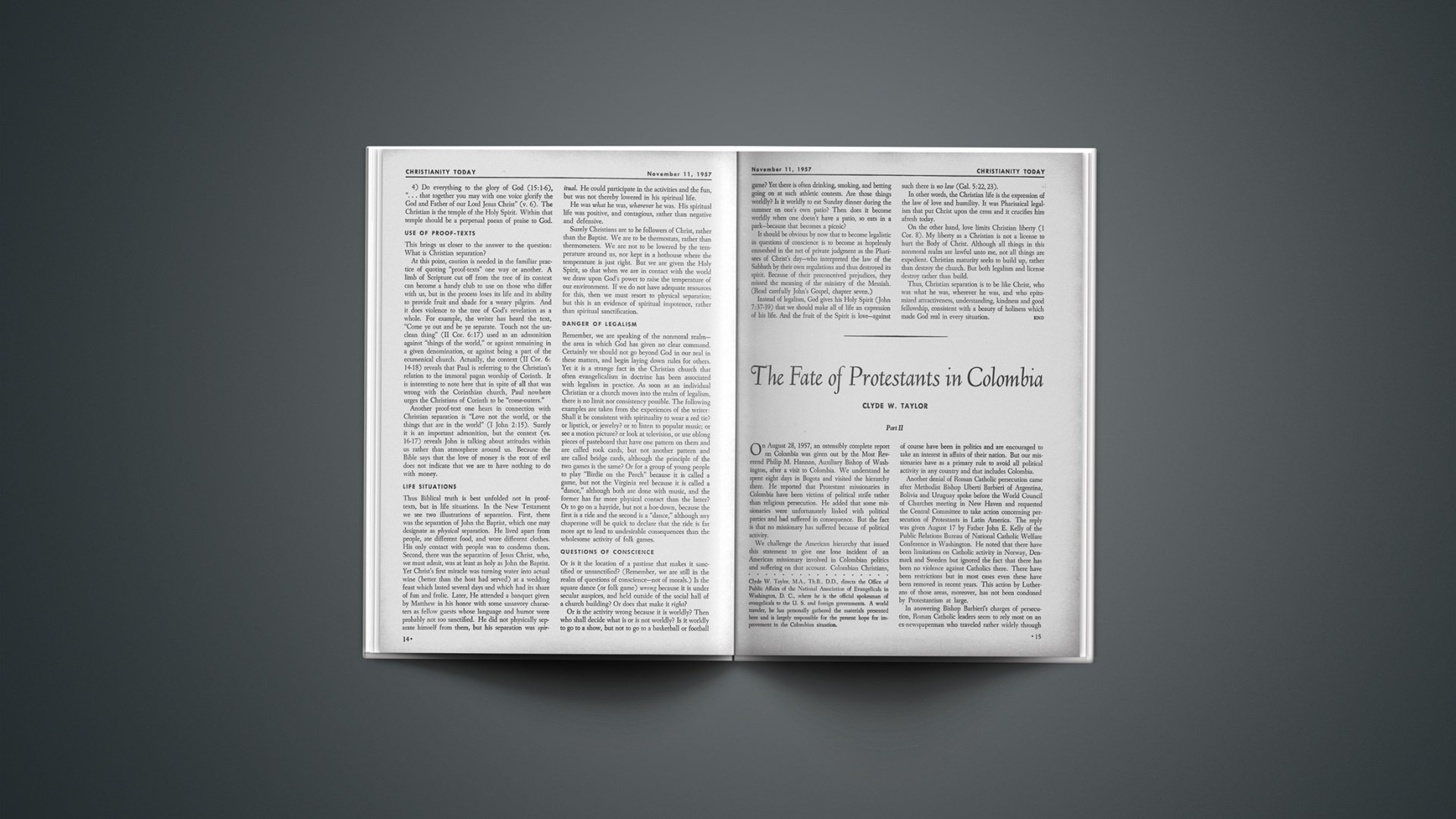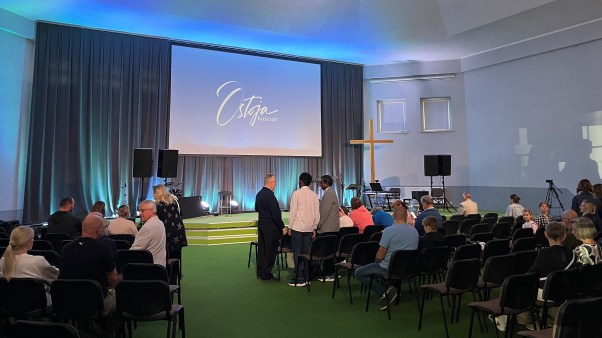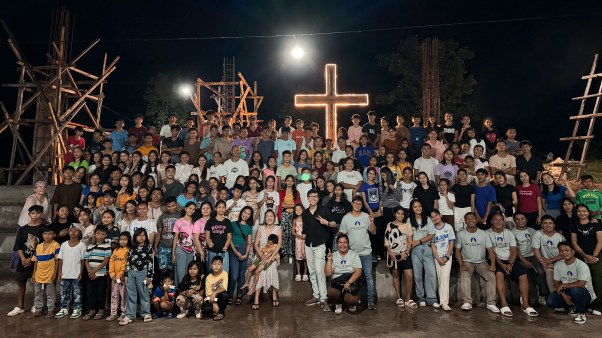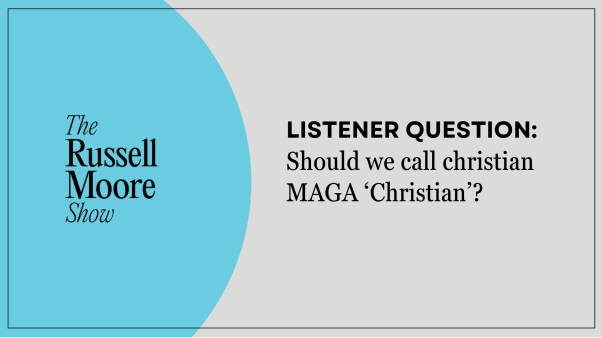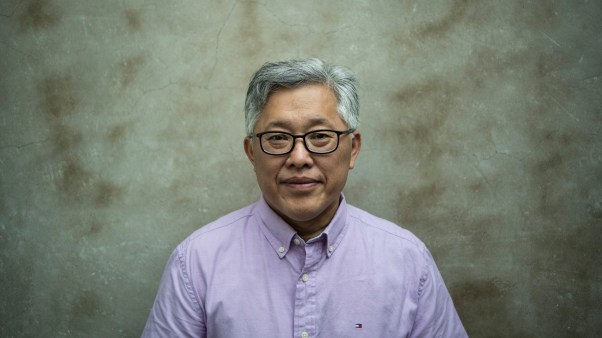On August 28, 1957, an ostensibly complete report on Colombia was given out by the Most Reverend Philip M. Hannan, Auxiliary Bishop of Washington, after a visit to Colombia. We understand he spent eight days in Bogota and visited the hierarchy there. He reported that Protestant missionaries in Colombia have been victims of political strife rather than religious persecution. He added that some missionaries were unfortunately linked with political parties and had suffered in consequence. But the fact is that no missionary has suffered because of political activity.
We challenge the American hierarchy that issued this statement to give one lone incident of an American missionary involved in Colombian politics and suffering on that account. Colombian Christians, of course have been in politics and are encouraged to take an interest in affairs of their nation. But our missionaries have as a primary rule to avoid all political activity in any country and that includes Colombia.
Another denial of Roman Catholic persecution came after Methodist Bishop Uberti Barbieri of Argentina, Bolivia and Uruguay spoke before the World Council of Churches meeting in New Haven and requested the Central Committee to take action concerning persecution of Protestants in Latin America. The reply was given August 17 by Father John E. Kelly of the Public Relations Bureau of National Catholic Welfare Conference in Washington. He noted that there have been limitations on Catholic activity in Norway, Denmark and Sweden but ignored the fact that there has been no violence against Catholics there. There have been restrictions but in most cases even these have been removed in recent years. This action by Lutherans of those areas, moreover, has not been condoned by Protestantism at large.
In answering Bishop Barbieri’s charges of persecution, Roman Catholic leaders seem to rely most on an ex-newspaperman who traveled rather widely through Latin America more than ten years ago. This so-called Protestant, Mr. John W. White—who, curiously enough, sells most of his articles to the National Catholic Press—is unrecognized as a Protestant.
The next trip was made by Father Kelly to a Catholic press meeting in Bogota. Father Kelly did travel across Colombia. For example, he visited La Cumbre, talked with the missionaries, saw the burnt walls of the house and heard the reports. He was told that sworn testimony was available to him in the mayor’s office (this data was gathered also by U. S. and Canadian consuls who personally investigated the attack). Yet Father Kelly returned to this country and said there had been no persecution. Against this type of malicious reporting, the facts speak for themselves.
Hope For Improvement
The official release sent out by the Catholic News Service (September, 1957) contains one or two bright spots. We are told that the Roman Catholic Church authorities in Colombia have finally declared that they “recognize the right of non-Catholic Christians” in that South American country “freely to practice their own religion.” We are also pleased that they are going to put into effect some opposition to persecution. We hope they carry out this promise. They also pledge that the “Catholic authorities in Colombia … shall never order, encourage or approve any act of violence against our non-Catholic brethren.” We can heartily say “Amen” to that, if it will be carried out. This statement was issued by the Secretariat for the Defense of the Faith, an agent of the Colombian Catholic bishops. The Secretariat conceded that “in various places, ways and occasions Protestants in Colombia have suffered violence inflicted by Colombian Catholics.” But it denied charges of “Catholic persecution of Protestants in Colombia.”
This illustrates that Roman Catholicism admits no persecution unless the Church orders it. You can destroy 49 churches, confiscate 34 more, murder 89 church leaders for exclusively religious reasons (entirely divorced from politics), frequently on orders of local clergy, and yet this is not persecution! The fact that a hundred thousand Colombians have been killed in the political disturbances since 1947 provides no justification of the fact that evangelical churches have been burned and confiscated and believers murdered because they were preaching the Gospel or possessed a New Testament. Since most persecution of Protestants was on a local basis, does the Roman Catholic Church repudiate such action where its priests were involved, and is the Church willing to discipline those of its hierarchy guilty of this bloody and hateful action? If so, we could suggest as an eligible candidate Father Millan of La Cumbre, who according to sworn testimony was directly involved in arson attempt on the missionaries there a year ago last summer. Moreover, we would ask the hierarchy for specific instances of Protestants who “directly attack and ridicule Catholic beliefs and devotions.” This is one of their frequent accusations, but we do not believe this exists, and have no record of it in the last ten years. They say that Protestant missionaries from small sects entering Colombia since 1948 have caused most of this trouble. This is false, for new Protestant missionaries have been refused entrance into Colombia for ten years. Furthermore, all missions named have been there for many years. The charge of Protestant proselytizing, frequently made, should also be considered in view of the fact that a majority of Colombian Catholics are totally inactive as far as their church is concerned. It may well be that many of these are reached by the Gospel message preached by evangelical missionaries and pastors. The nature of religious freedom allows difference of opinion and change of religious affiliation in accord with personal beliefs.
Right Of Religious Liberty
Evangelical missionaries are not seeking the ill will of the Colombian government or Colombian people. They are only seeking freedom to preach the good news of salvation by simple faith in Jesus Christ as Saviour and Lord. This right has been fully guaranteed in principle by the Colombian Constitution.
In view of many published denials, we call attention to an editorial in the world-famous daily newspaper of Bogota, El Tiempo, on September 17, 1957:
Freedom of religion is not a gracious concession of the mayor or a donation of the authorities, but a right made sacred by the national Constitution. It is the subject matter of an international commitment, since it forms part of the Charter of Human Rights, which has been signed by Colombia, even though it has not always been observed. The violations of freedom of religion are no more to be excused than the abuse of the other rights of mankind, such as freedom of speech, freedom of assembly, freedom to travel, or freedom of political views. But in communities where a specific religion is greatly in the majority there is a tendency to minimize the importance of guaranteeing the rights of minorities, which, the smaller they may be, the more they are exposed to suffering oppression.…
There are those who have pretended to justify the persecution of Protestants by claiming that they have abused the right of religious liberty by making political proselytes. If this refers to foreign heretics, the provisions of common law should be applied to their case which prohibits them from mixing into the party strife of the Colombians. And if it refers to Colombians, this right of theirs should be respected, for they have not lost it by the failure to practice the religion of the rest. Under no circumstances is the spectacle to be condoned—which has been repeated many a time in this country until quite recently—of the stoning of Protestant churches by mobs organized and egged on by fanatics, irresponsible persons or demagogues who stir up primitive passions for their own selfish purposes. Persecution of religious minorities, carried out with the complicity or under the direction of the very authorities, in the past (but not in the remote past) has been our national shame in the eyes of the world, notwithstanding the pretexts with which there have been attempts to justify it.
We applaud the statement by El Tiempo, one of the papers long silenced by fanatics, and now under the new government free to speak again. In itself the editorial supplies quite an answer to those who deny that there has been such trouble.
In conclusion, we rejoice that the advent of the new government implies a sincere effort to restore the freedom and the culture for which Colombia was distinguished ten years ago, before the political violence was initiated by fanatical elements in Colombia in 1947. The present government has released a number of evangelical Christians, some of whom have been in prison for over two years with no charges preferred against them. The government has suggested that steps may be taken to open churches that were illegally closed in violation of the Constitution. Just recently the Minister of Government has sent out personal letters to the governors of the provinces of Bolivar, Santander, Antioquia, Cauca, Huila, Boyaca, Cundinamarca authorizing them to open the churches that have been illegally closed by the past government. These churches total 34. One large church in the so-called mission territories, that of Barrancabermeja, a church seating some 1,600, was ordered open August 16 by government order. This still leaves over 40 churches closed in mission territories under an agreement signed with the Vatican during the last regime. This same agreement not only closed down all the Protestant churches in approximately 60% of Colombian territory but all Protestant schools, numbering approximately 200. It is hoped that the new government will also observe the Constitutional rights of its people if they desire to have their own places of worship and their own schools in these areas as well. During these last ten years the Colombian government has refused absolutely to allow American missionaries as such to enter the country. The new government has just issued permits for nine teachers and pastors to enter Colombia to assist in the schools and pastoral work there. We congratulate the new government of Colombia on these steps to guarantee personal and national freedom and to restore Colombia to the international respect it deserves. We trust it will not be hindered by religious pressures and intrigue that would only curtail its return to international respect among freedom-loving peoples.
Clyde W. Taylor, M.A., Th.B., D.D., directs the Office of Public Affairs of the National Association of Evangelicals in Washington, D. C., where he is the official spokesman of evangelicals to the U. S. and foreign governments. A world traveler, he has personally gathered the materials presented here and is largely responsible for the present hope for improvement in the Colombian situation.

